Hand Drawn Caricature
- caricature /
- Hand Drawn Caricature

Hand drawn caricatures capture personalities with a few strokes, exaggerating features like big eyes or a wide smile to highlight individual quirks.
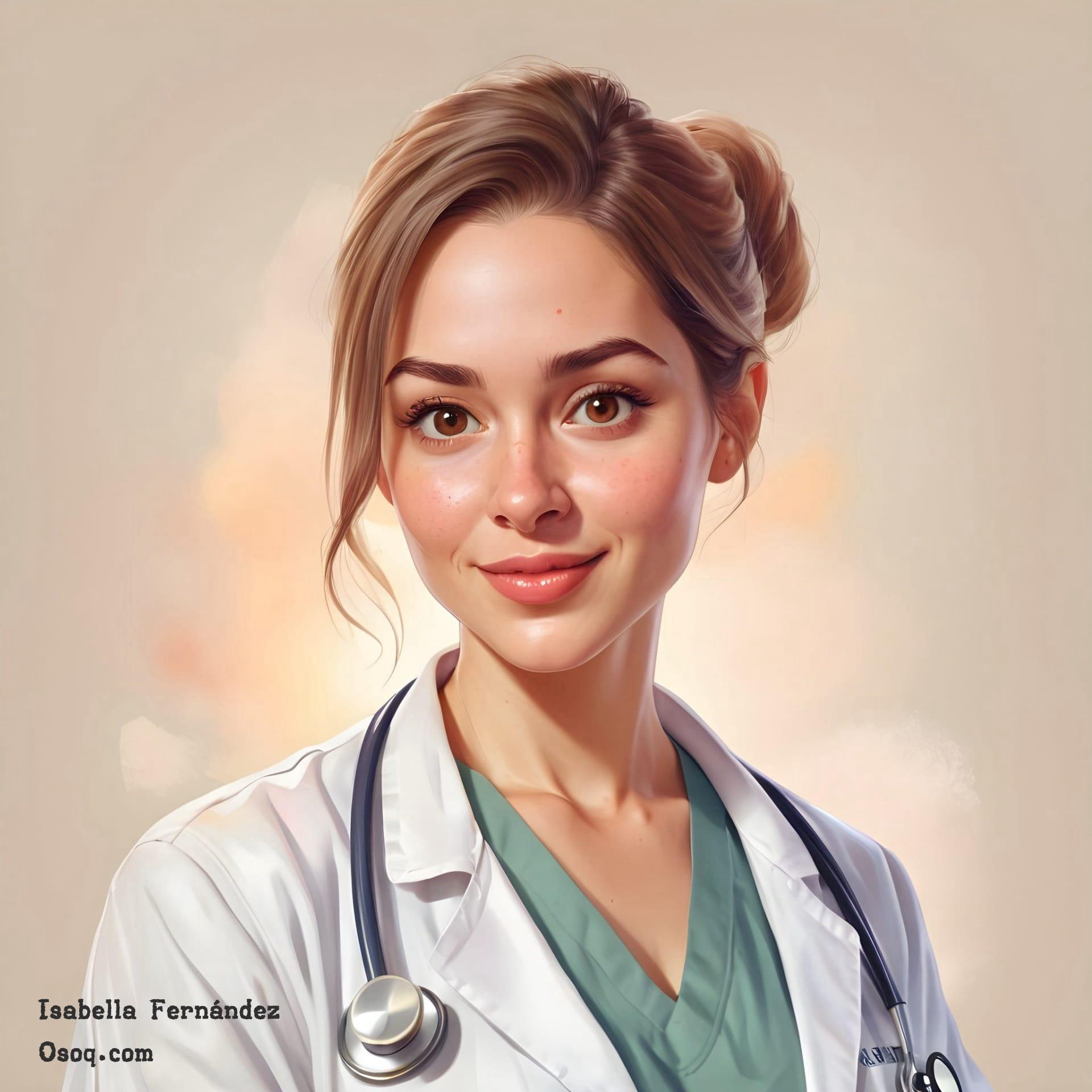
This art form dates back hundreds of years, originally serving as a way for artists to poke fun at public figures and politicians in a humorous, often exaggerated manner.
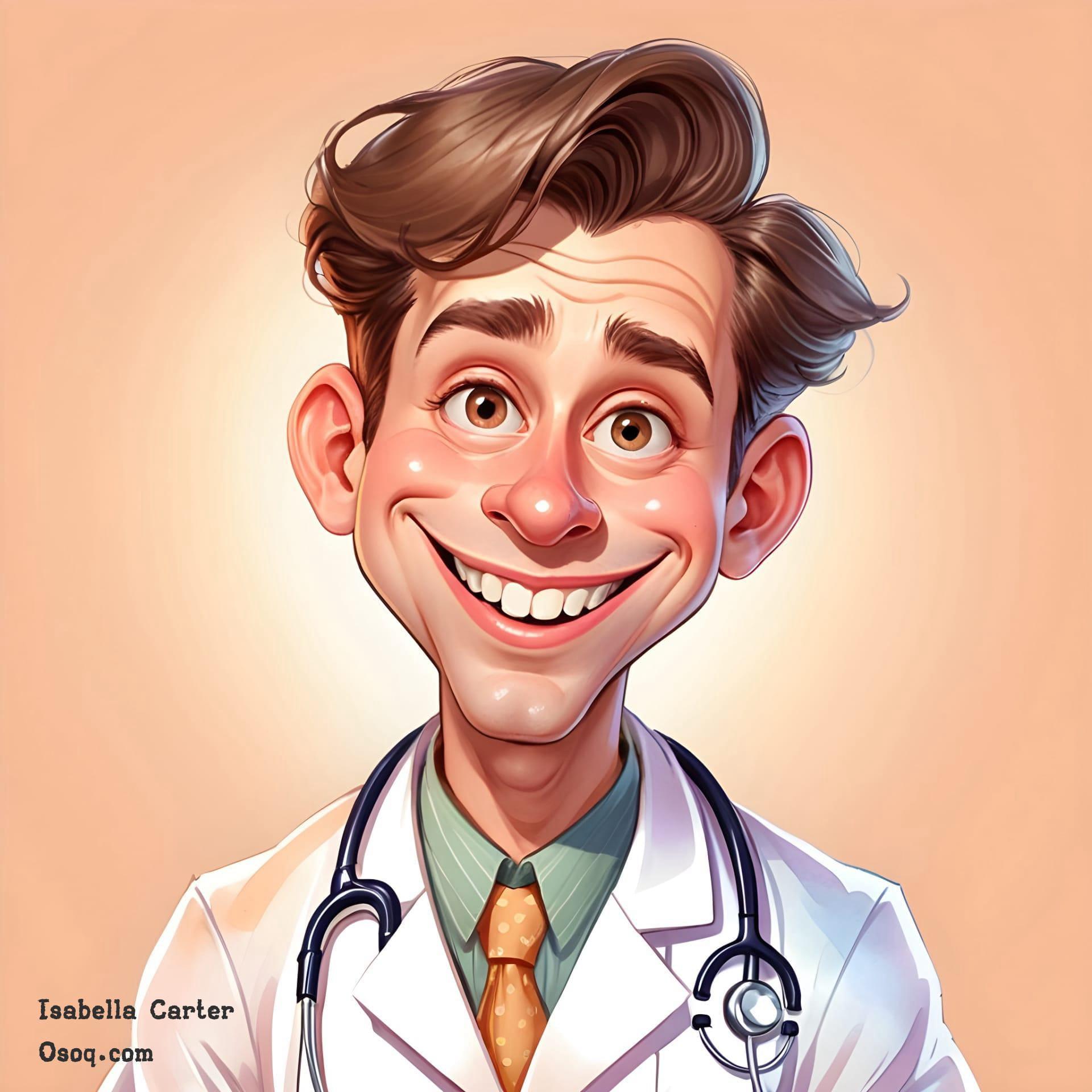
Caricaturists often use simple tools such as pencils, ink, and paper, proving that you don't need fancy equipment to create something memorable.
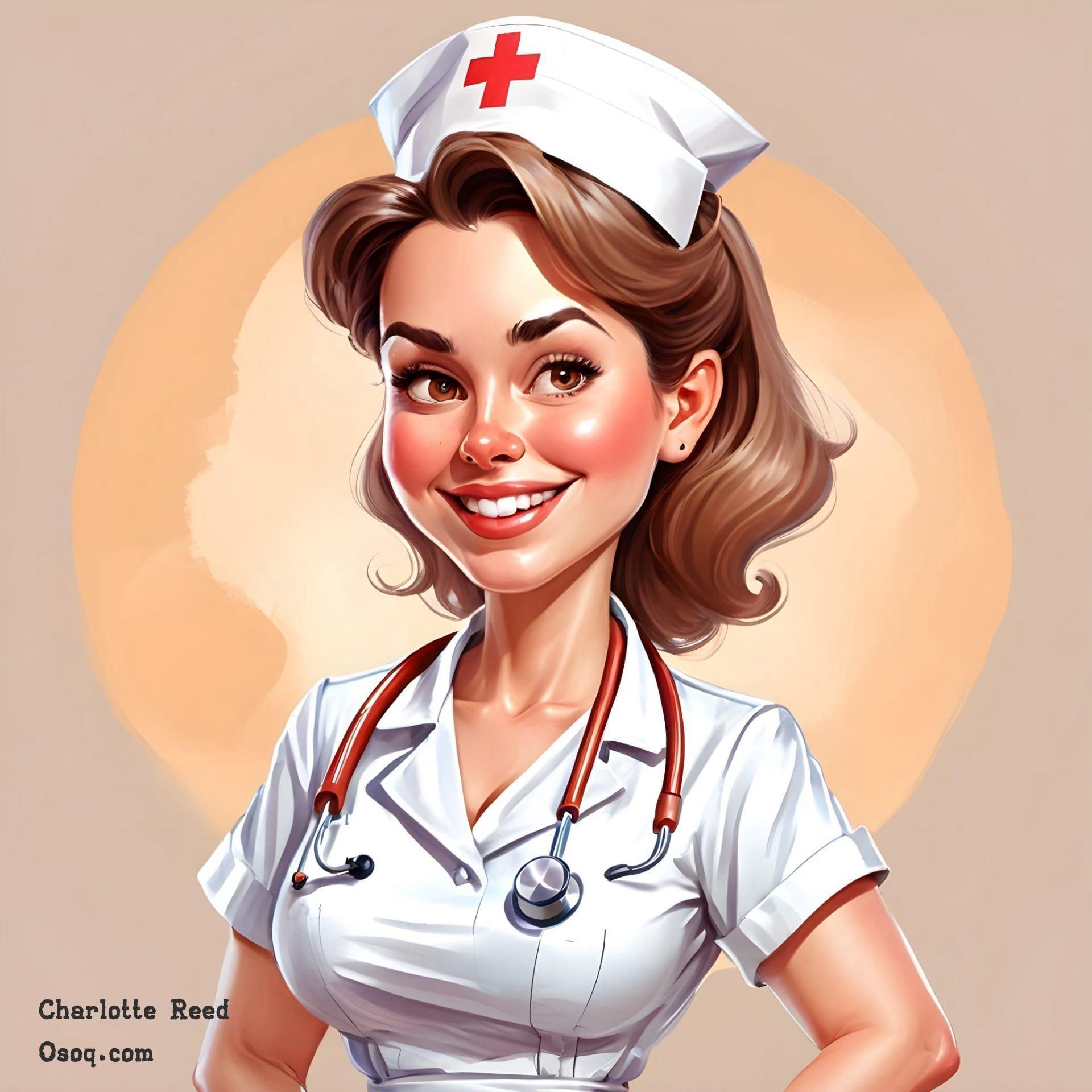
Each hand drawn caricature is unique. The artist's interpretation of the subject brings out distinct traits that may not be immediately obvious in a regular portrait.
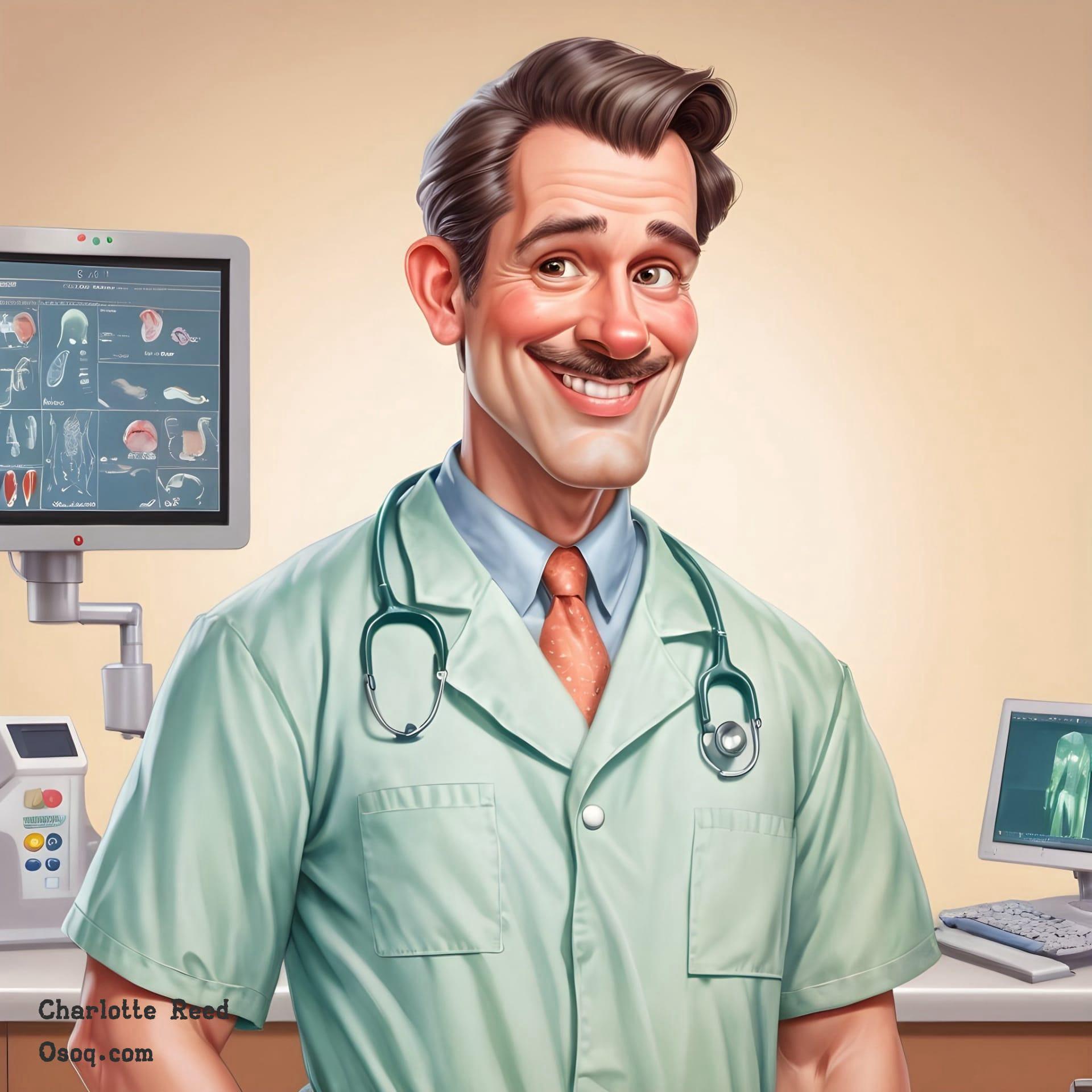
Public figures aren't the only subjects; caricatures can be personal gifts or souvenirs, often found at street fairs and tourist spots.
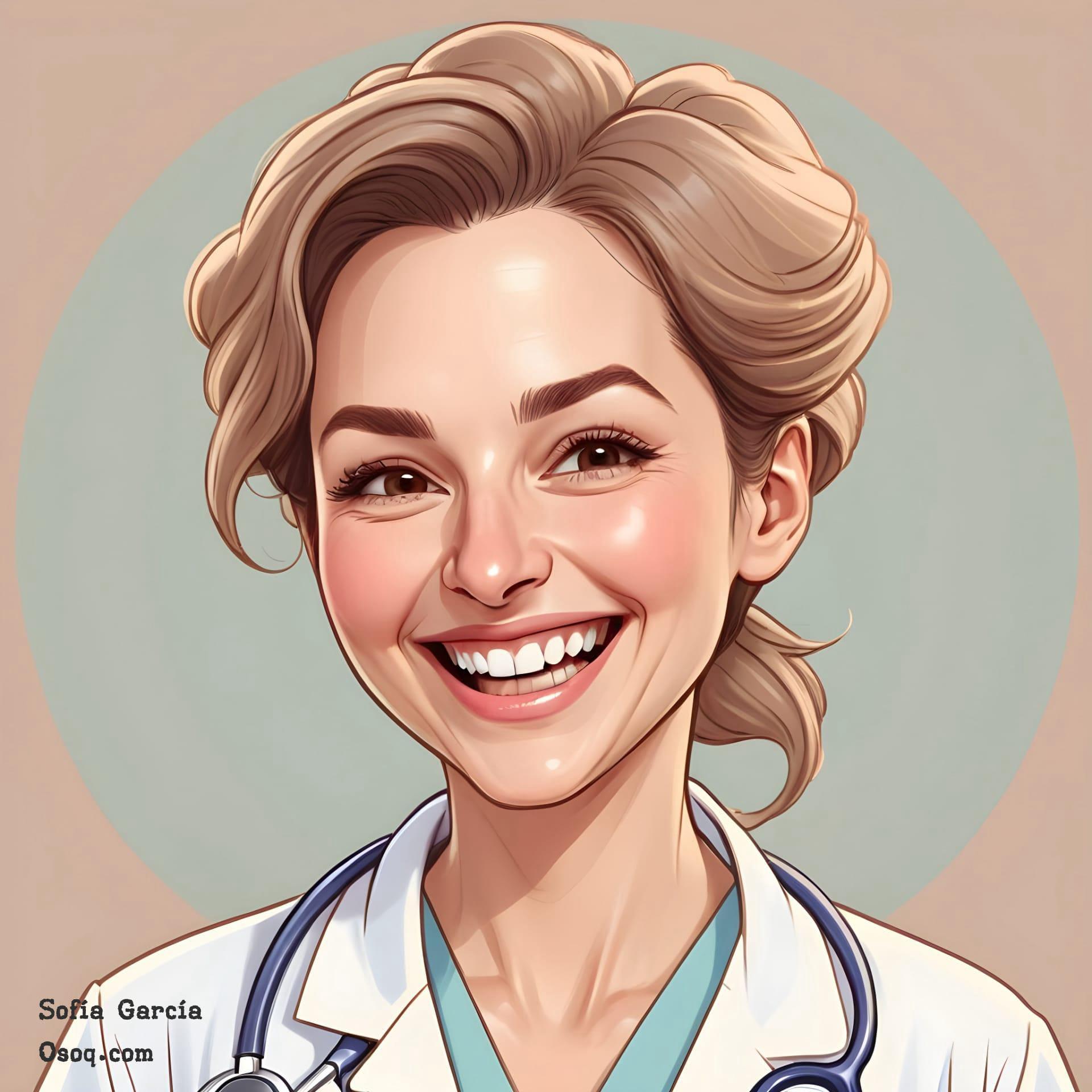
Learning to draw caricatures can improve your overall drawing skills by enhancing your ability to capture expressions and emotions quickly.

Many famous caricaturists began their careers as cartoonists for newspapers, where they honed their skills in capturing quick, incisive likenesses of people.
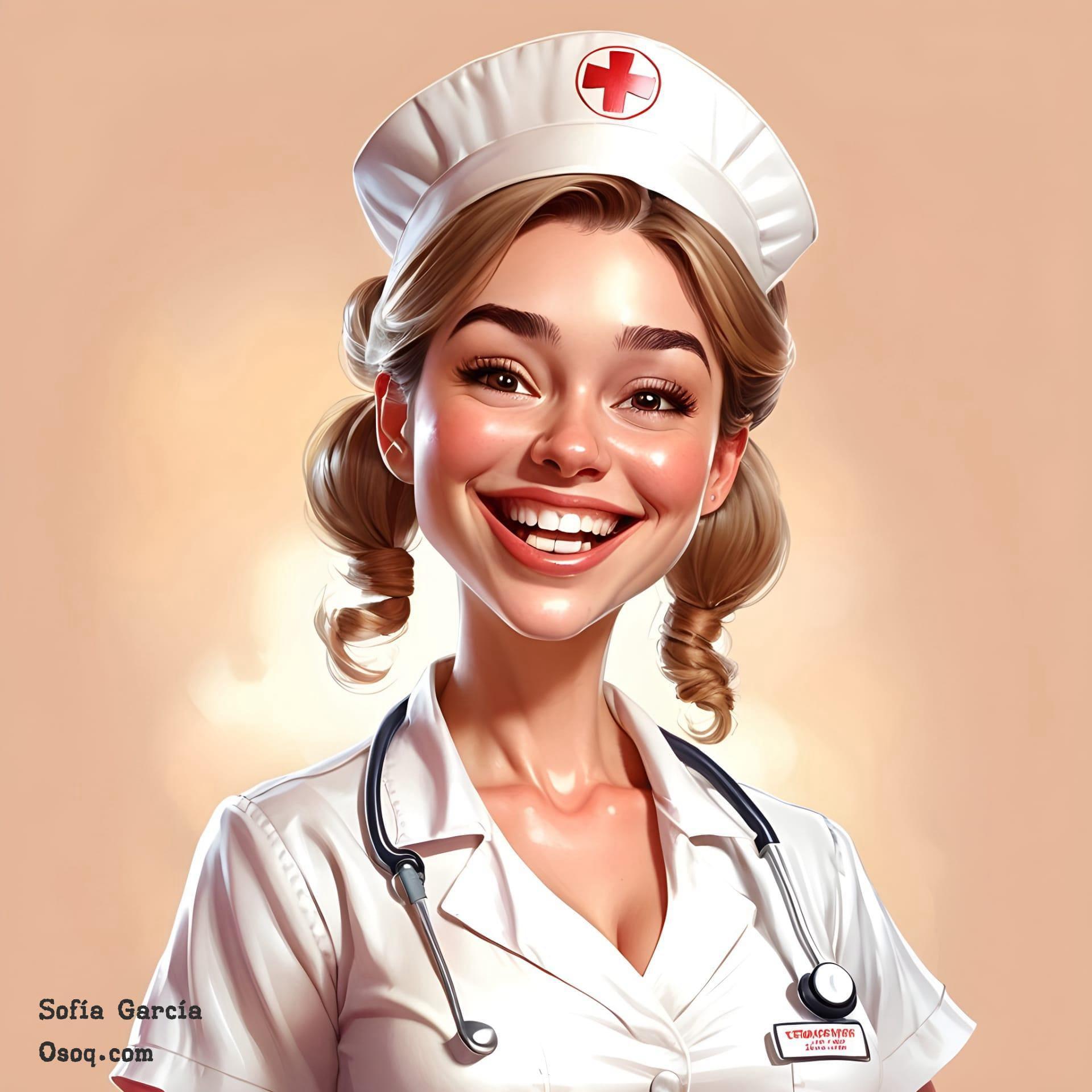
Technology has influenced the art, with digital tools now complementing traditional hand-drawn methods, allowing for a blend of old and new techniques.
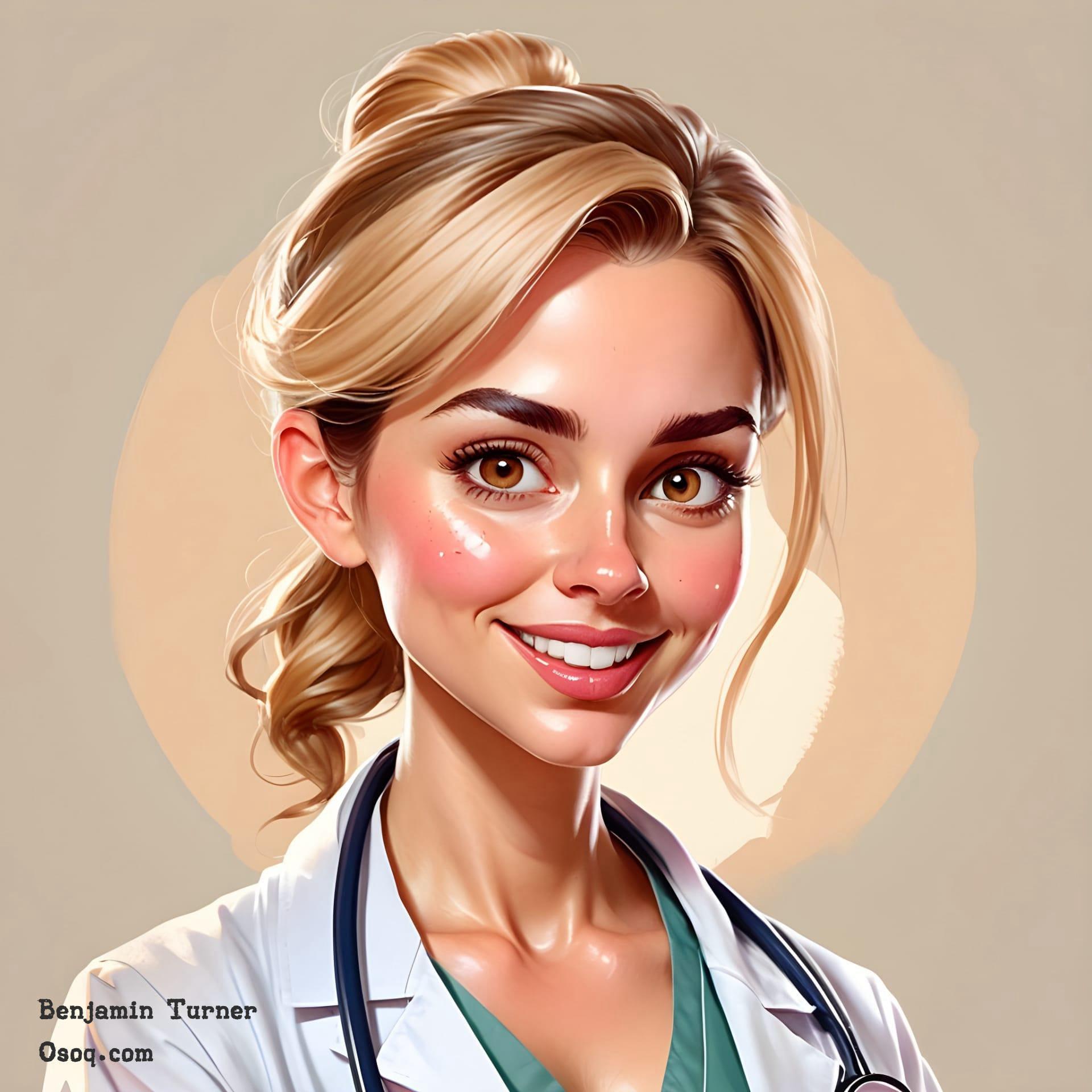
Caricature artists often focus on the head and face, sometimes using a small body to further emphasize the exaggerated features of the face.

A well-executed caricature can be more telling than a realistic portrait, revealing not just how a person looks, but something of their character or personality.
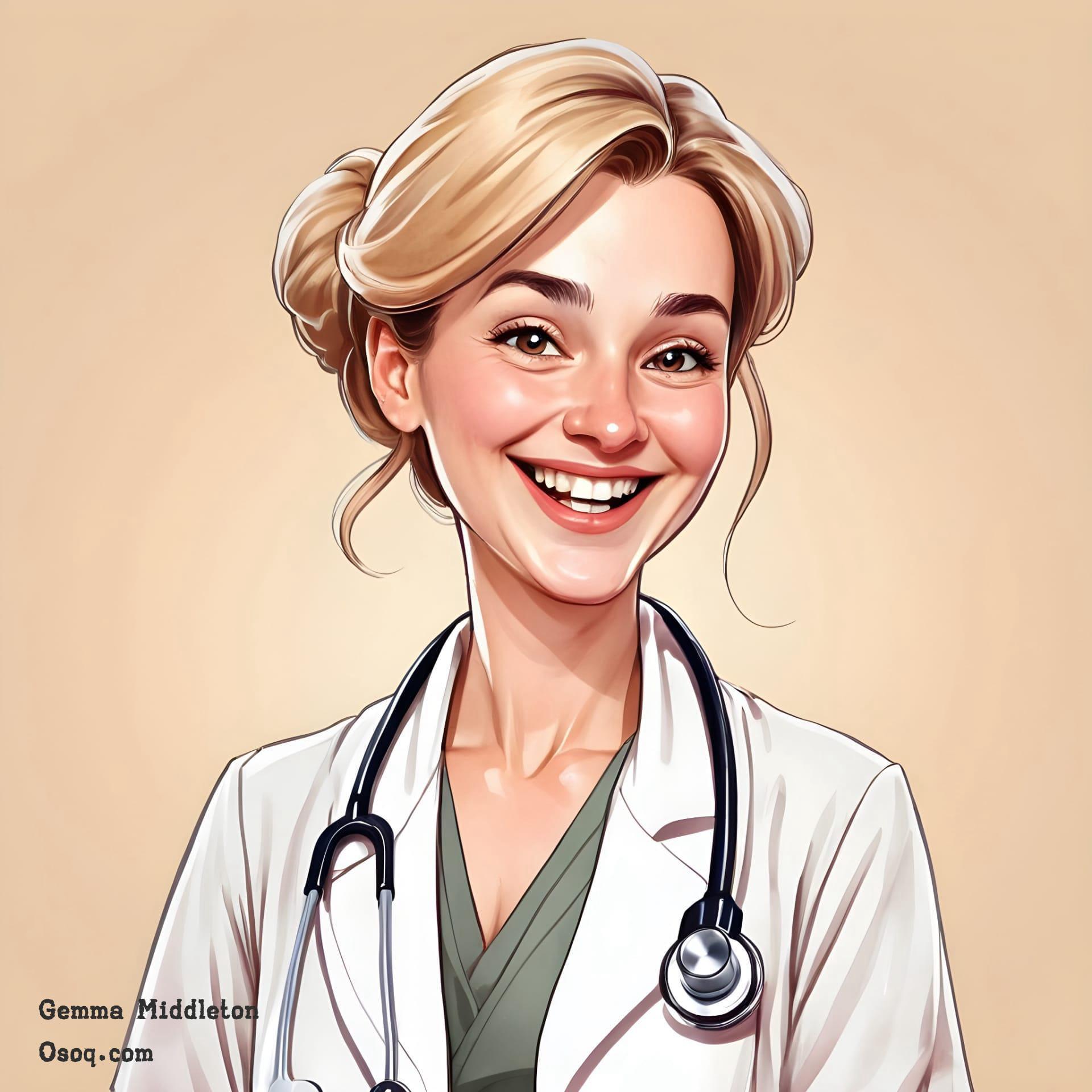
Exaggeration is key in a hand drawn caricature. Artists might emphasize a small chin or a prominent nose to create a humorous or striking effect.
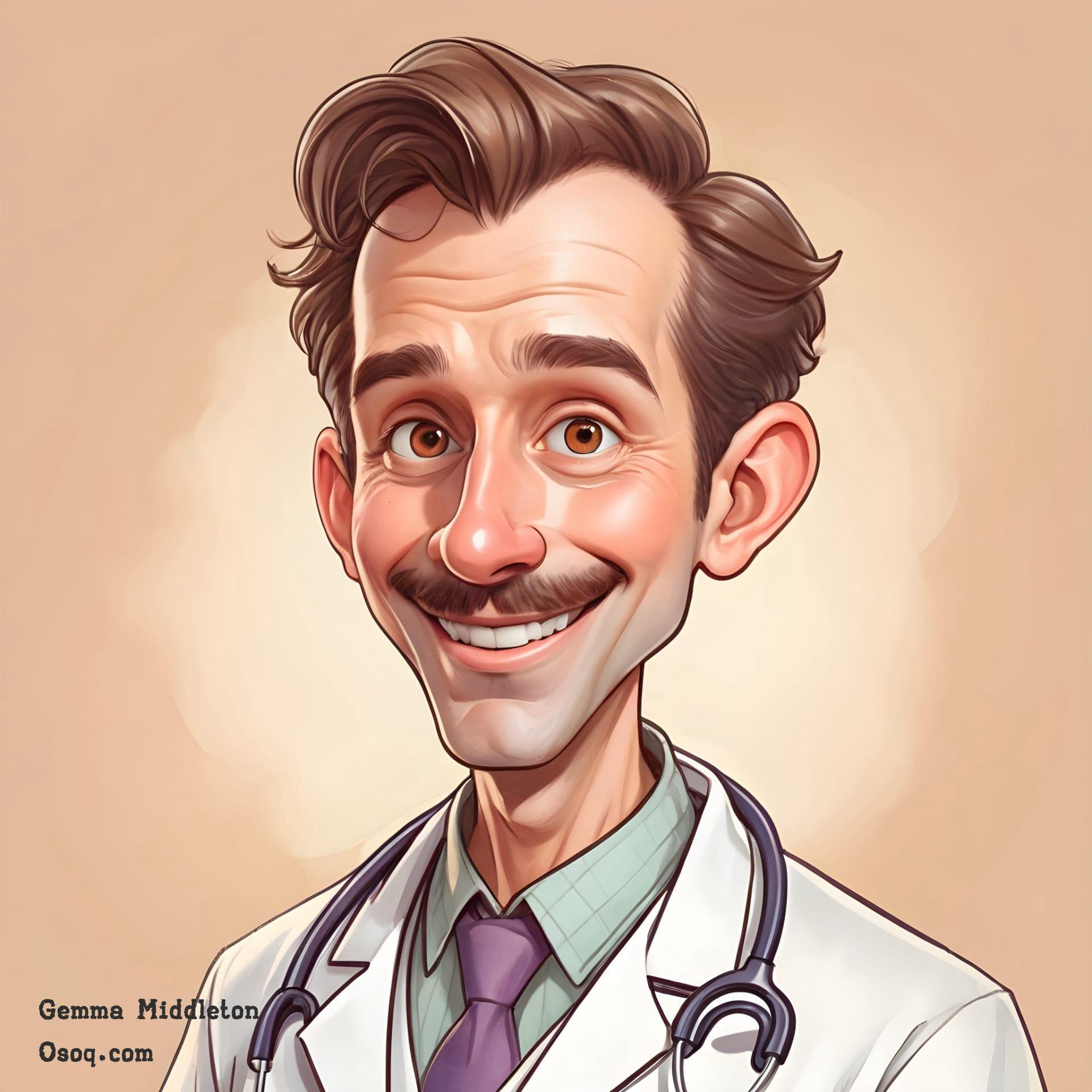
Interaction with the subject is an essential part of the process; many caricaturists sketch live, capturing spontaneous reactions that add life to the drawing.
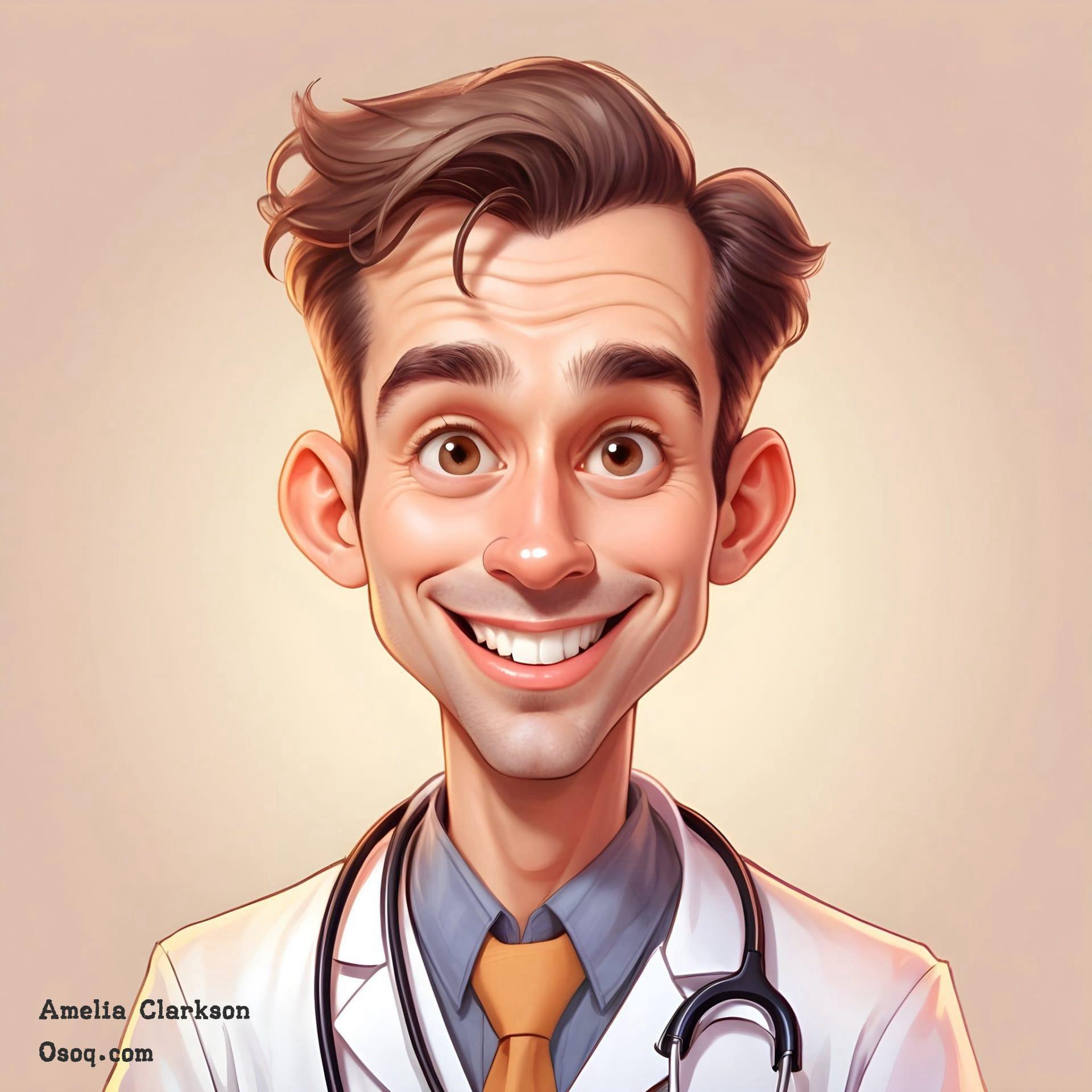
Historically, caricatures have also served a political purpose, used to convey criticism and provoke discussion through accessible and engaging imagery.
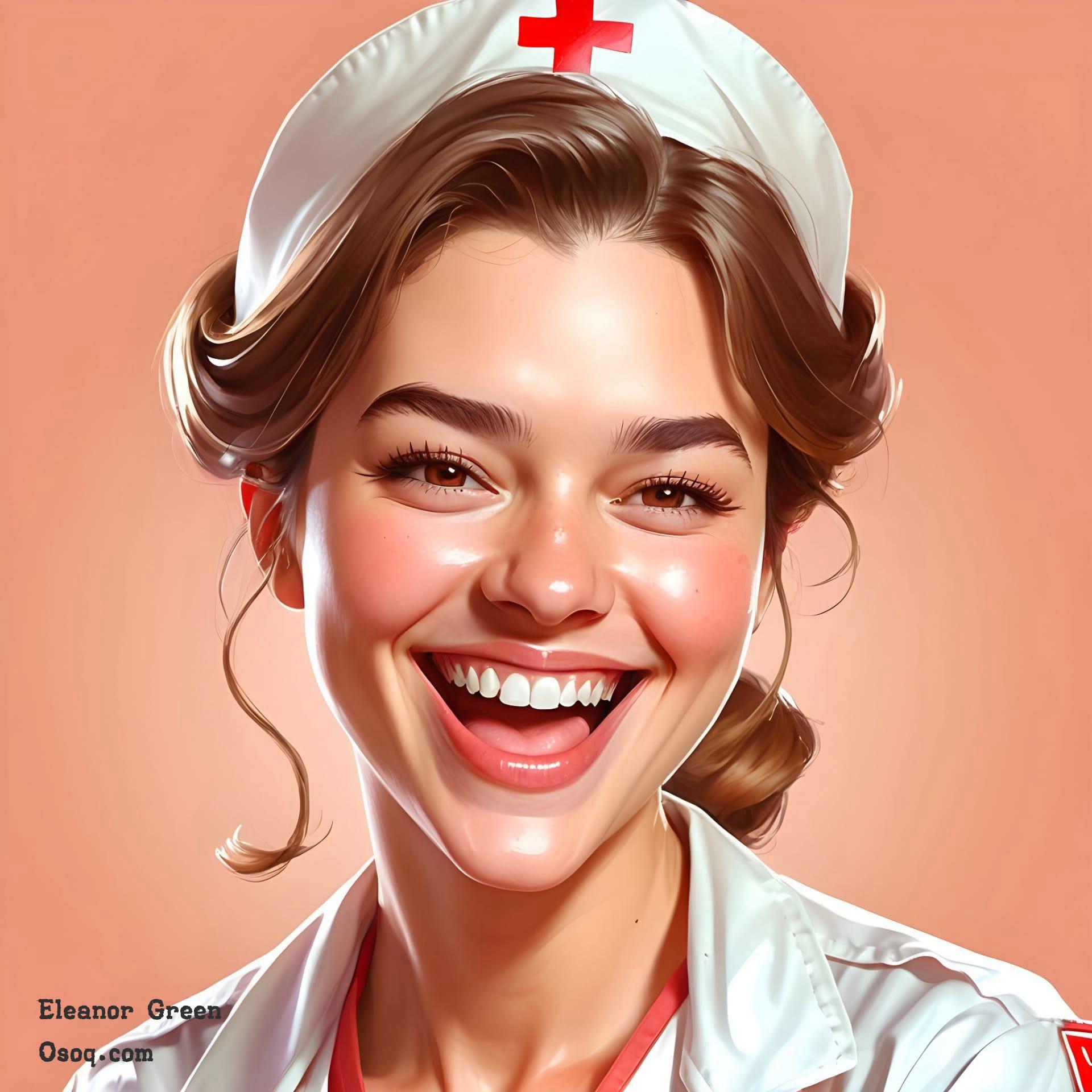
Practice is crucial; the best caricaturists draw thousands of faces, which helps them quickly identify and exaggerate characteristic features in new subjects.
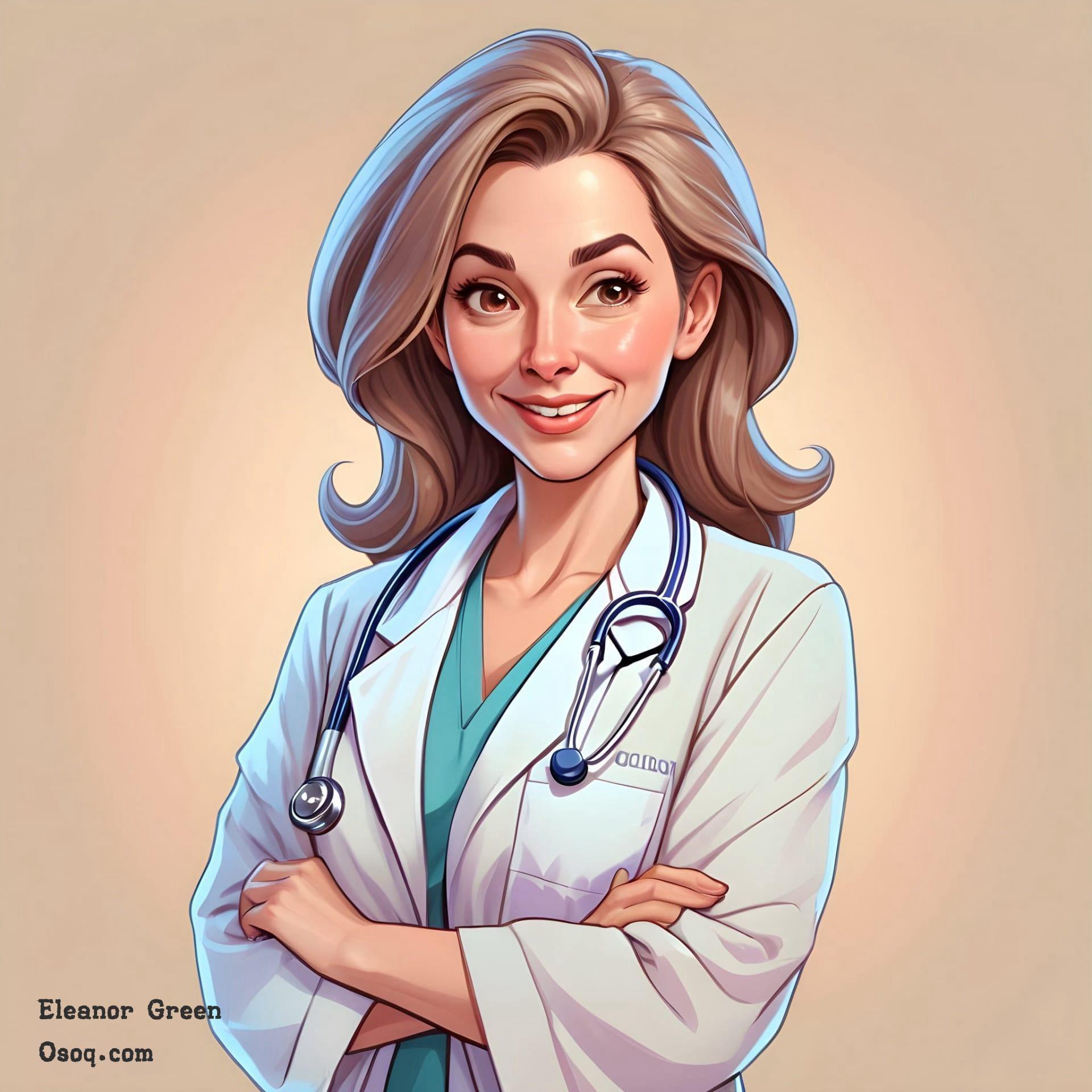
Caricatures aren't just for humor; they can also be a form of tribute, celebrating someone's life or achievements in a unique, artistic way.
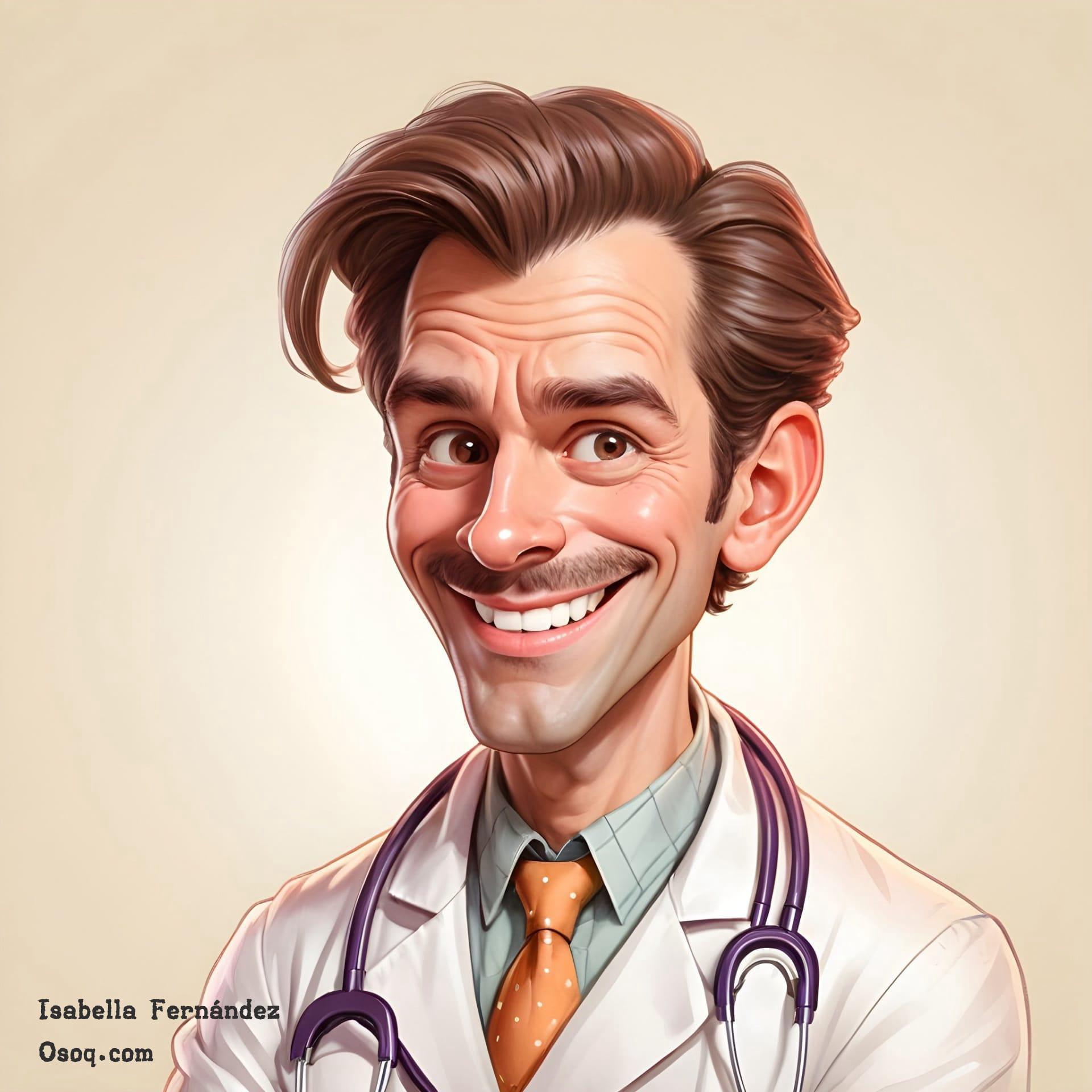
Some caricaturists employ a minimalist style, using only a few lines to deliver a powerful, often humorous interpretation of their subject.

In addition to live sketching, caricatures are popular in editorial contexts, providing a visual commentary on current events or public figures.

The speed at which a caricaturist works is often astonishing; a skilled artist can complete a striking, recognizable caricature in just a few minutes.
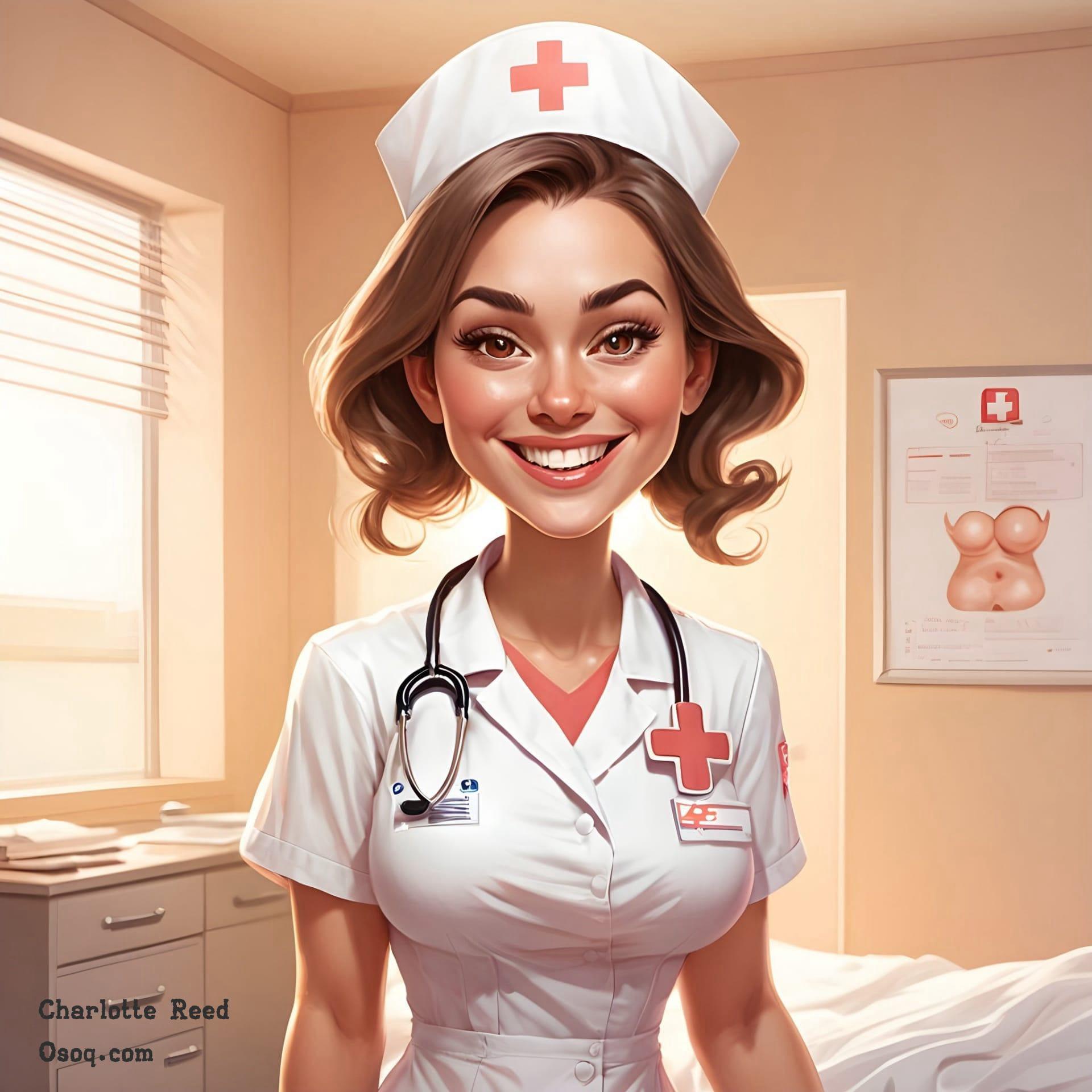
Learning from other artists is a valuable way to develop your own style; many caricaturists start by imitating the masters before developing their unique approach.
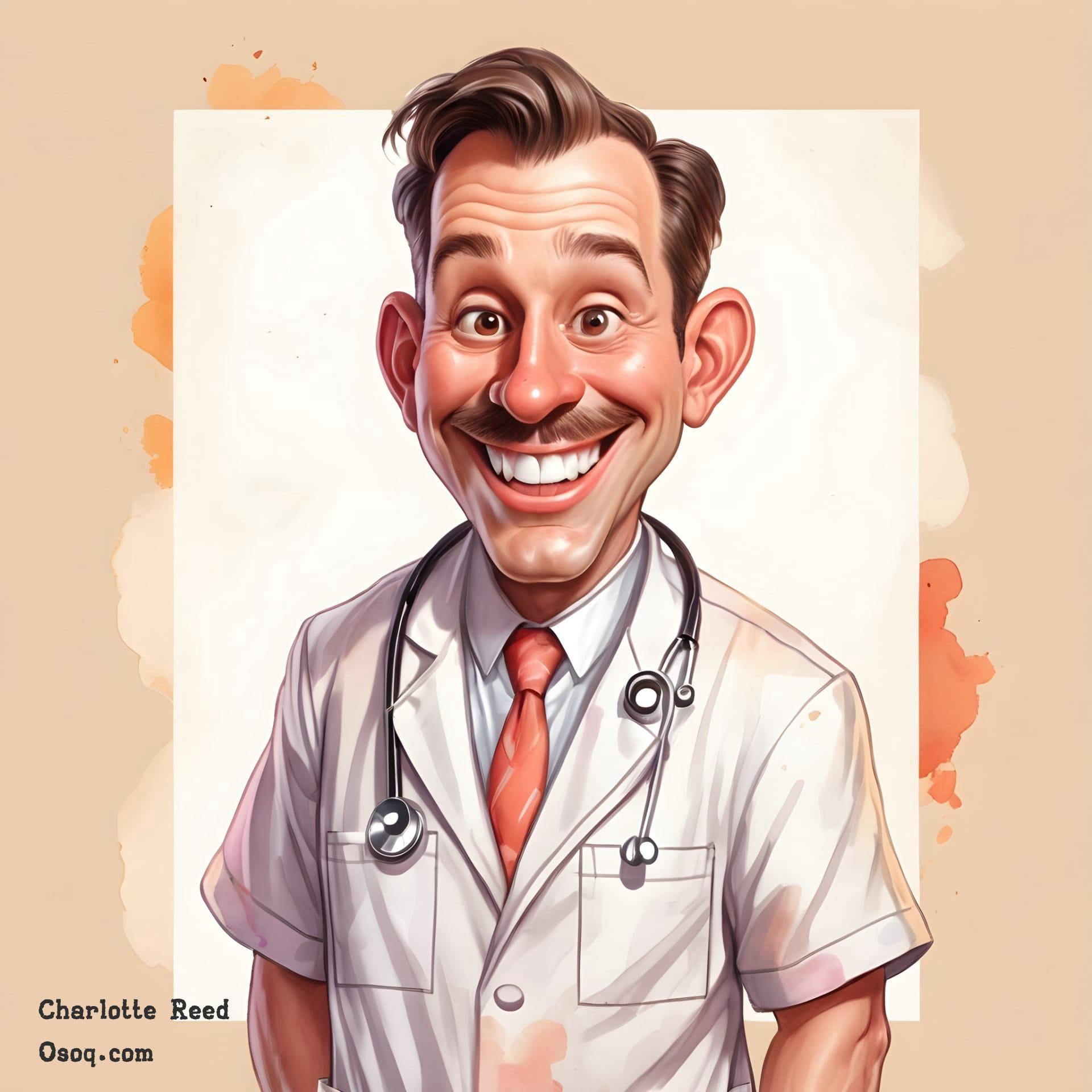
Caricatures can bridge cultural gaps, providing a universal language of humor and insight that transcends words and conventional barriers.